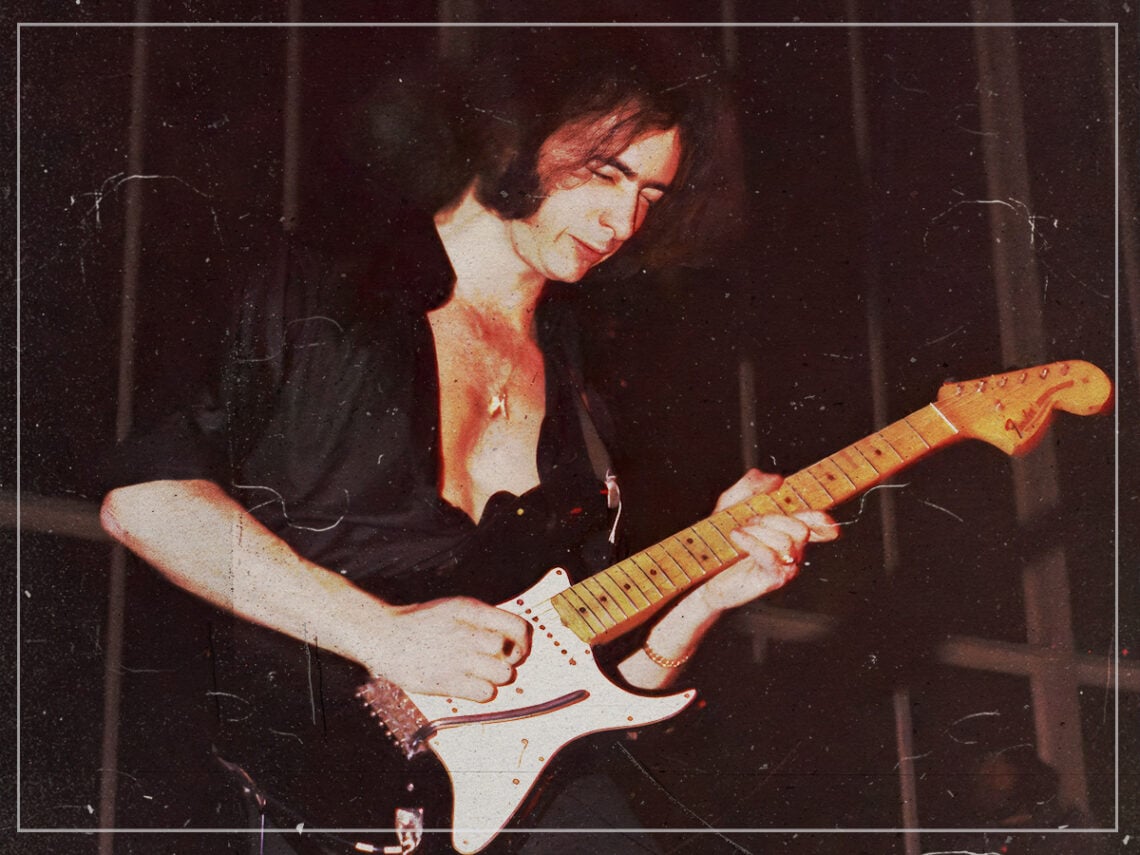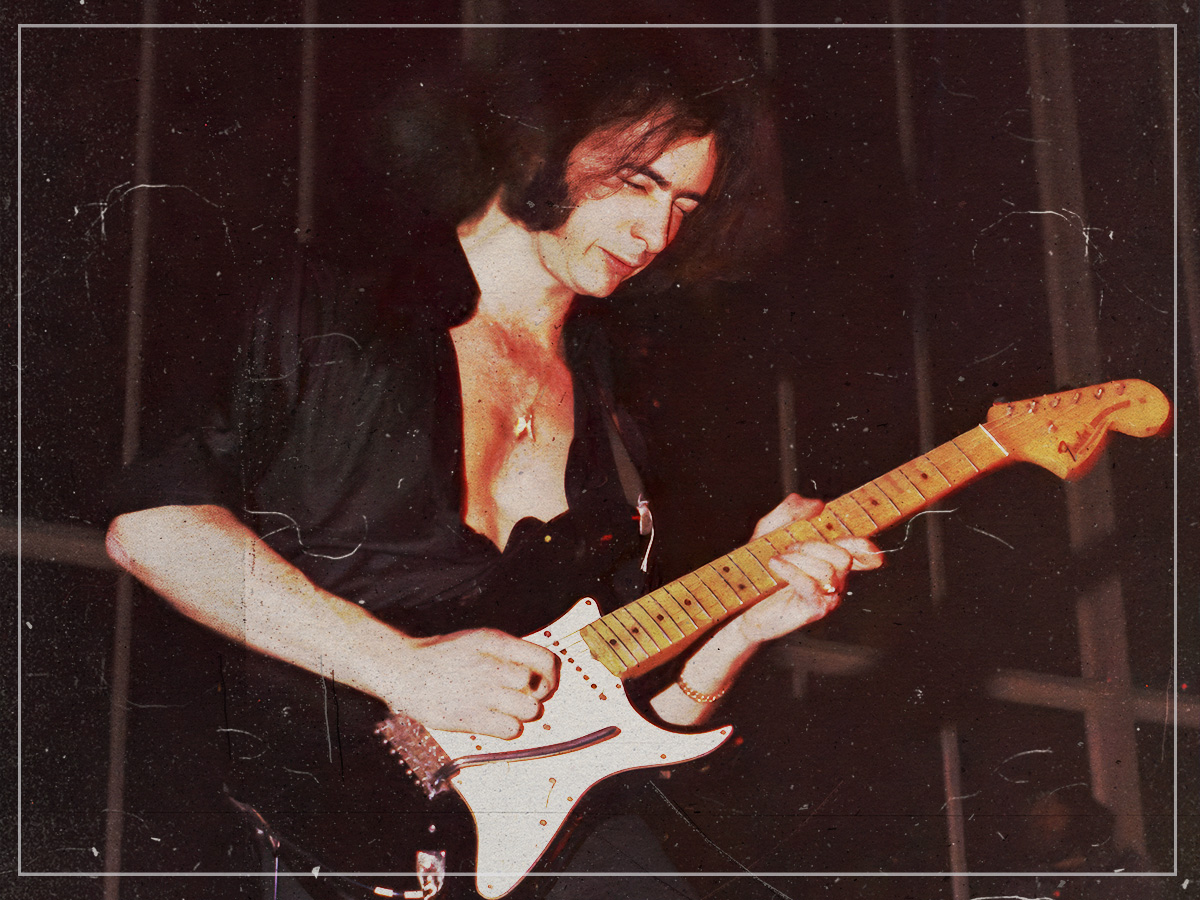
(Credits: Far Out / Gladstone~dewiki)
Sun 22 June 2025 20:15, UK
‘Clapton is God’ was the slogan spray-painted on a wall in London. For the masses of major Eric Clapton fans, the guitarist sits at the very top. He’s at the pinnacle as one of the all-time greats, one of the best players the music world has ever known. Plenty of his peers would agree, but everyone has to have their haters, and Ritchie Blackmore falls into that camp.
Clapton became a divisive figure long before the instances of racism and his later years of being pro-hunting and anti-lockdown. Even earlier on, when he was seemingly at the height of his success, the music masses were divided. Some figures loved him and utterly revered him, like George Harrison, who remained a fan even through their complex personal drama.
But others were vocal opponents. His ex-Yardbird bandmates later turned on Clapton, stating, “He’s such a pain, we’re fed up with this”.
Over in California, Frank Zappa wasn’t a fan, especially of Clapton’s drug-taking and, in his eyes, drug promotion. In the late ‘70s, his enemies grew in size quickly after Clapton vocally supported right-wing politician Enoch Powell, delivering a shockingly racist speech in 1976. In response, Clapton basically became enemy number one for more left-leaning British bands who organised the historic Rock Against Racism movement, almost in direct response to Clapton.
But for Ritchie Blackmore, the reason for his dislike of Clapton is simple. The Deep Purple player merely thinks Clapton is unimaginative.
Why Ritchie Blackmore thinks Eric Clapton is overrated
Both coming up in the British scene, Blackmore came along a few years after Clapton so was watching his career from afar, caught, somewhat, in his shadow. By then, Clapton was being held up as a hero as The Yardbirds and Cream made him famous, solidifying his place as one of the major players of counterculture.
But from where he was standing, watching Clapton’s career roll on through the late 1960s, into the ‘70s, ‘80s and beyond, Blackmore grew less and less impressed as the years went by. Or even, as the decades went by, as he once said, “He’s been doing the same thing for 50 years and hasn’t progressed much since his days with Cream.”
That was his issue. In Blackmore’s eyes, Clapton stagnated early. Though the two definitely share some inspiration, both being informed by the blues gods and legends, looking across the pond to the American pioneers of the form, Blackmore’s career has been dedicated to moving forward, whether you agree with that or not. Deep Purple has an undeniable evolution as they merged that blues beginning with the blooming worlds of heavier rock and even metal. Clapton has never come close to that. From the 1960s to today, he sounds just the same.
For Blackmore, that makes it kind of insulting. He watched on as Clapton was likened to so many of his heroes, to those blues legends, but also to the likes of Jimi Hendrix or even to Jeff Beck during their complex rivalry, and he never thought Clapton ever truly deserved to be put side-by-side with those pioneers.
Instead, he said, “Clapton is just a nostalgia act at this point,” basically calling him a tired, old copycat, adding, “He could never come close to someone like BB King.”
Related Topics
The Far Out Music Newsletter
All the latest music news from the independant voice of culture.
Straight to your inbox.
